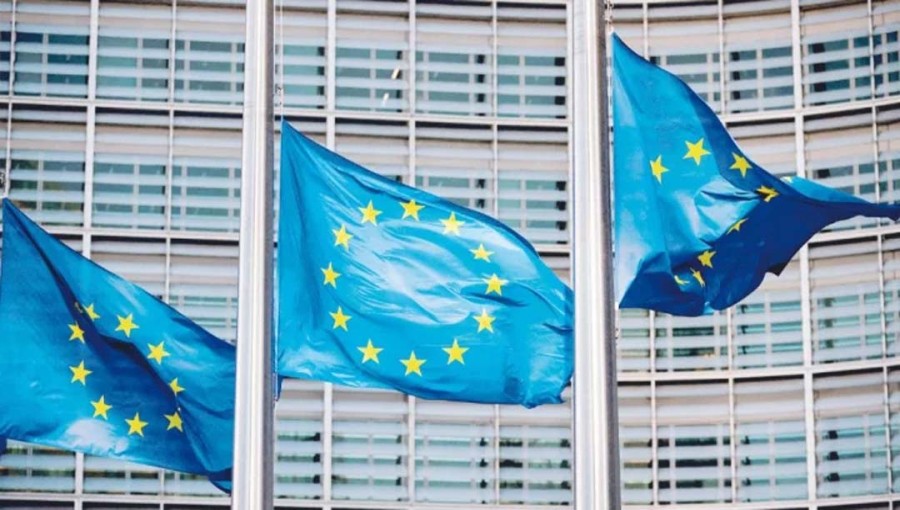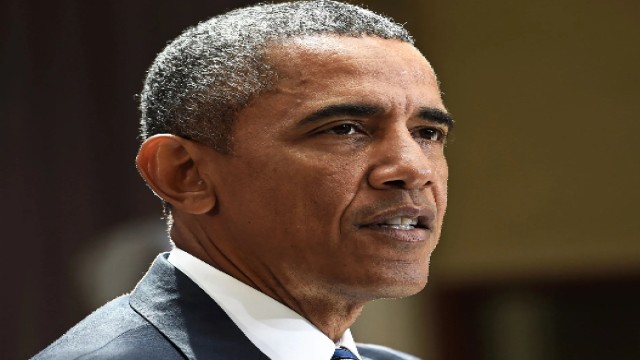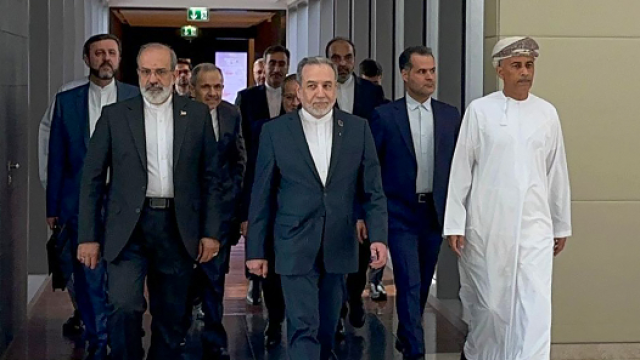Understanding the main European Union institutions can be challenging. As EU citizens vote in elections, here's a look at the roles of the key bodies based in Brussels and elsewhere.
European Commission: The EU's executive arm, responsible for proposing and enforcing EU laws, representing the bloc in trade negotiations, and acting as the antitrust regulator. The commission, led by a president and composed of commissioners from each member state, wields significant influence globally. The current president is Ursula von der Leyen.
European Parliament: The only directly elected EU institution, it adopts laws on various issues, including trade, environment, and migration. The parliament, which will soon have 720 members, negotiates laws with the Council of the EU and the European Commission.
European Council: Comprising EU heads of state and government, the council shapes policy, handles sensitive issues, and reaches agreements on difficult topics. Meetings are held four times a year, often extending into early morning hours.
Council of the EU: Ministers from member states meet in various configurations (e.g., finance, agriculture) to approve laws. Decisions usually require a qualified majority, but unanimity is needed for foreign policy and taxation issues.
Other Bodies: Numerous other entities, such as the European Court of Justice (ECJ), European Central Bank (ECB), and European Medicines Agency (EMA), enforce EU rules. Additional agencies address specific areas like data protection, food safety, and fraud prevention.





























Comment: